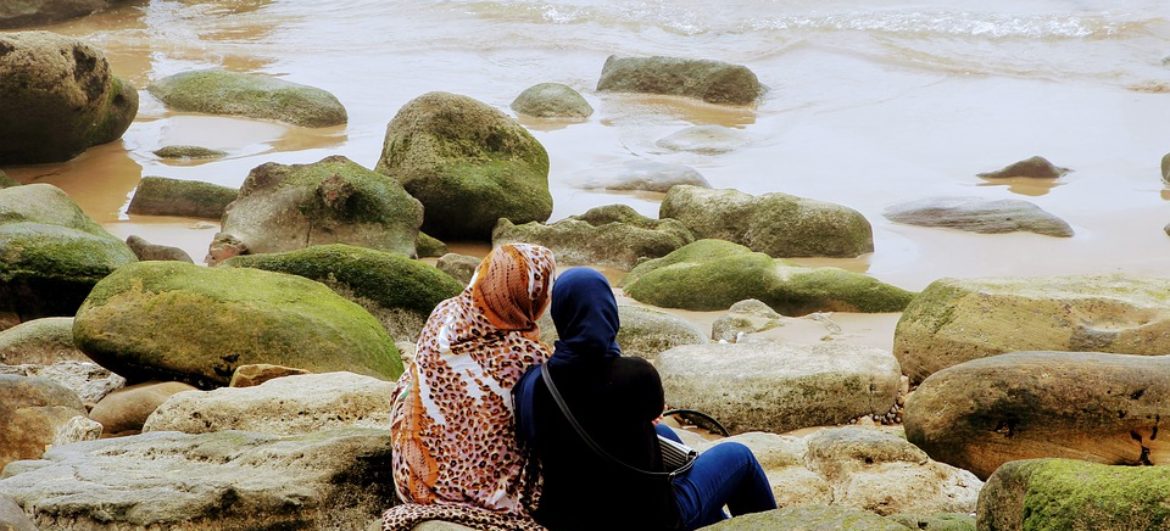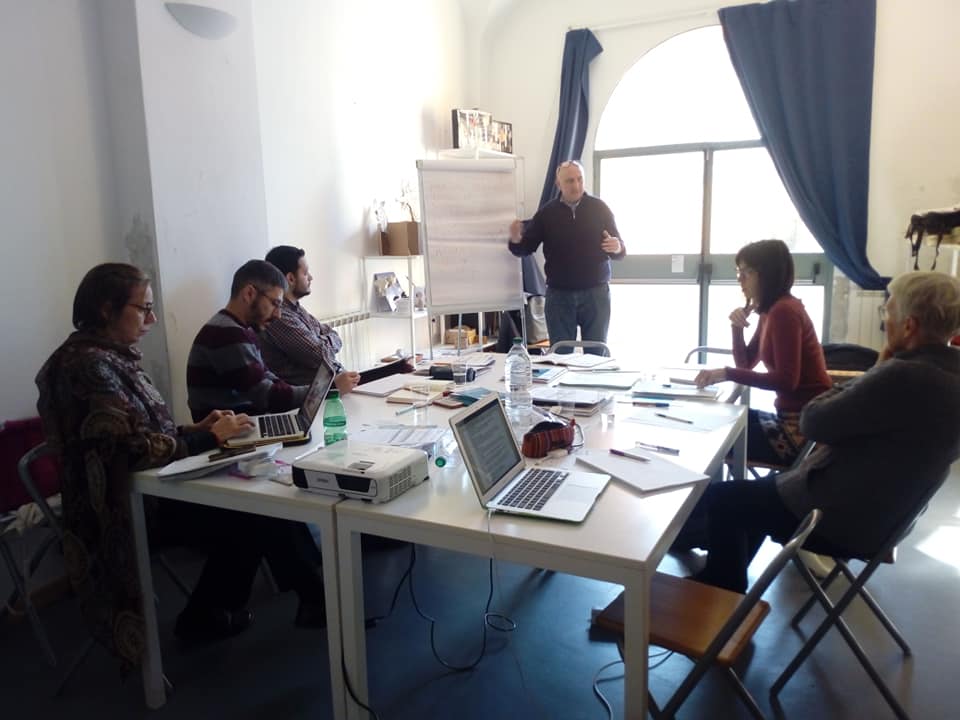
The Referents methodology goes to Italy and Greece
Genoa (Italy) and Thessaloniki (Greece) have come on board for creating mentoring projects that can transform not only individuals, but societies as well.
Re-Generations is the name of the project promoted by Defense for Children Italy (DCI Italy) and joined by ARSIS (Greece) with the aim of providing support, through volunteers, for young people between the ages of 18 and 21. To achieve this, Punt de Referència is training and assisting in the implementation and supervision of mentoring projects in these two countries, both of which share similarities with our own Referents project.
This relationship will last for 3 years. During this time, Punt de Referència has been commissioned to propose a mentoring methodology adapted to the needs of the youth groups with whom each entity works. Initially the projects will be at the city level, but have the intention of eventually being extended throughout both countries. In the case of Genoa the focus is on previously fostered youth and in the case of Thessaloniki, on refugee youth.
Punt de Referència will provide expertise on how to involve citizens through networking to assist the youth and how to train professionals and mentors for handling the mentoring relationship between adults and the young persons.
Contact made in Genoa
The first 3-way meeting took place in Genoa in February. Over two days an analysis was made of the needs of each country according to its context and realities and the foundations were laid to begin this project.


What are the next steps for these organizations? Up until September they had been putting together the approach to their mentoring projects. Since then they have begun to seek out a network of collaborators that will allow them to begin. In March 2020, the three entities will meet again within the framework of the Mentoring Congress (organized by the Social Mentoring Coordinator) and work together to review the initiatives implemented.
This project is made possible by funding from the European Commission’s Department of Migration and Home Affairs.
